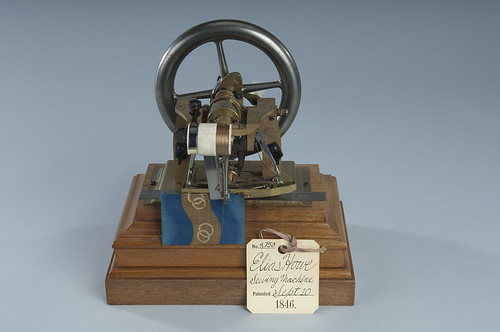At the Summer Olympics in Rome, Abebe Bikila becomes the first sub-Saharan African to win a gold medal, winning the marathon in bare feet.
Abebe Bikila was an Ethiopian long-distance runner who is perhaps best known for his historic victory at the 1960 Rome Olympics when he won the marathon race while running barefoot. Abebe Bikila was born on August 7, 1932, in Jato, a village in the mountains of Ethiopia. He came from a humble background and initially served in the Imperial Bodyguard of Ethiopian Emperor Haile Selassie.
1960 Rome Olympics: Abebe Bikila made history at the 1960 Summer Olympics in Rome, Italy. He was selected to represent Ethiopia in the marathon, which is a 26.2-mile (42.195-kilometer) race.
Barefoot Running: Bikila made a bold decision to run the marathon without shoes. This decision was not premeditated but was due to circumstances. His official running shoes were causing him discomfort, so he decided to run barefoot, a style he had trained in previously.
Victorious Run: Bikila’s decision to run barefoot turned out to be a brilliant choice. He completed the marathon in 2 hours, 15 minutes, and 16.2 seconds, setting a new world record and becoming the first African to win a gold medal at the Olympics. His performance made him an instant global sensation.
Symbol of African Athleticism: Abebe Bikila’s victory and barefoot run symbolized the emergence of African athletes on the international stage. It shattered stereotypes and demonstrated that athletes from Africa, particularly Ethiopia, could excel in long-distance running.
Repeat Victory: Bikila’s success did not end in Rome. He went on to win another Olympic gold medal in the marathon at the 1964 Tokyo Olympics, becoming the first athlete to successfully defend his Olympic marathon title.
Legacy: Abebe Bikila’s legacy extends far beyond his athletic achievements. He inspired generations of Ethiopian and African athletes, paving the way for their success in long-distance running. His determination, strength, and iconic barefoot run continue to be celebrated in the world of sports.
Injury and Tragic Accident: Unfortunately, Bikila’s career was cut short by a car accident in 1969 that left him partially paralyzed. Despite this tragic event, he remained active in sports and various other pursuits.
Passing Away: Abebe Bikila passed away on October 25, 1973, at the age of 41. His legacy lives on as a symbol of Ethiopian and African athletic prowess.


